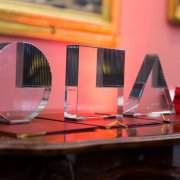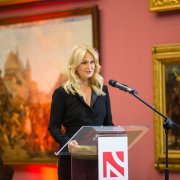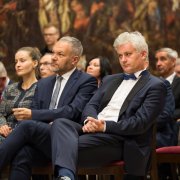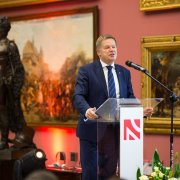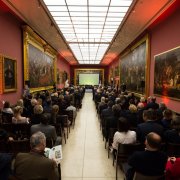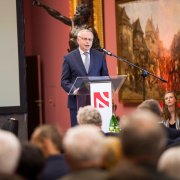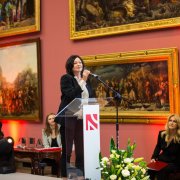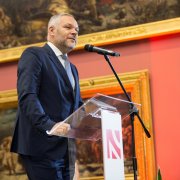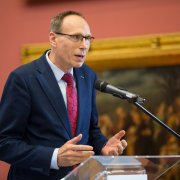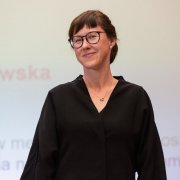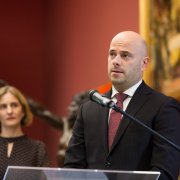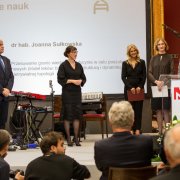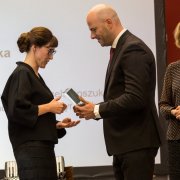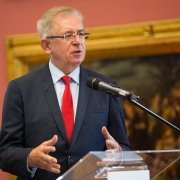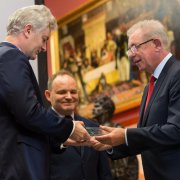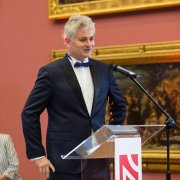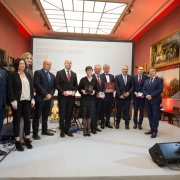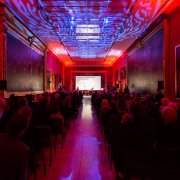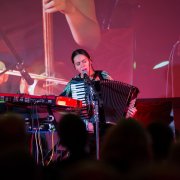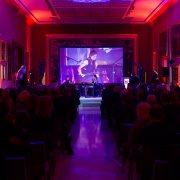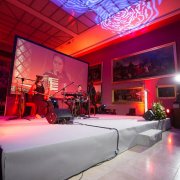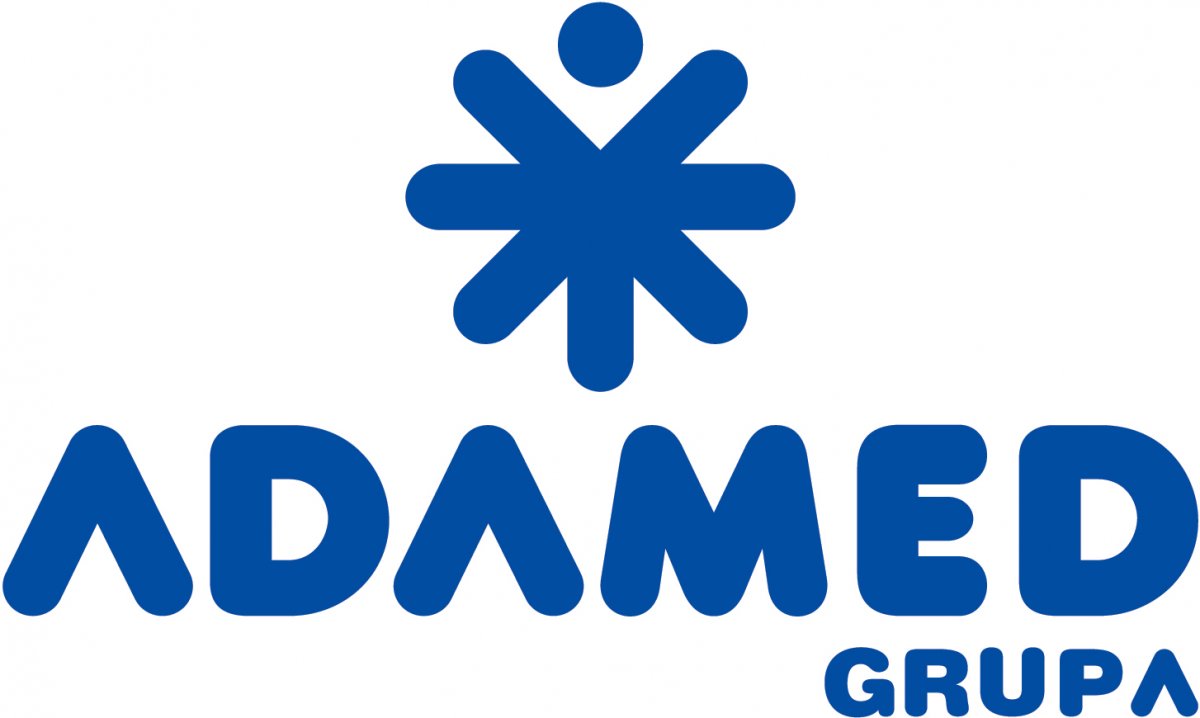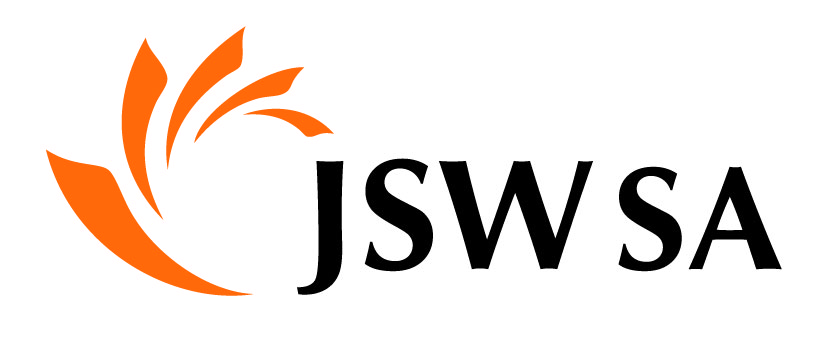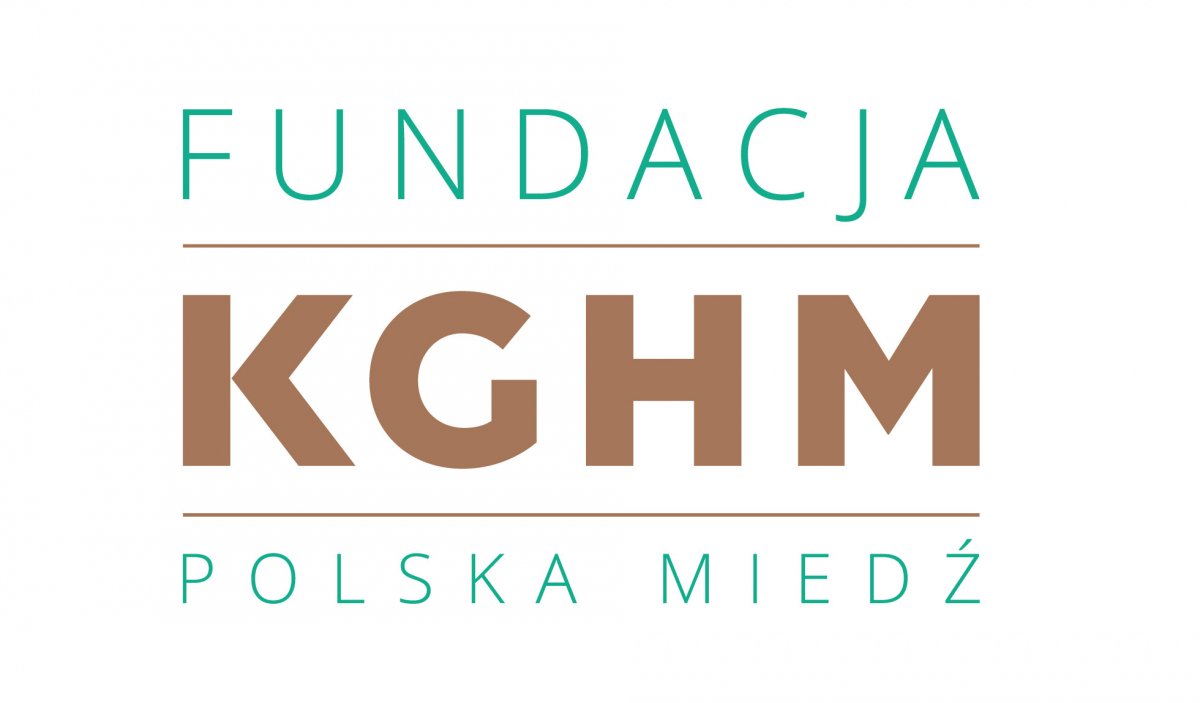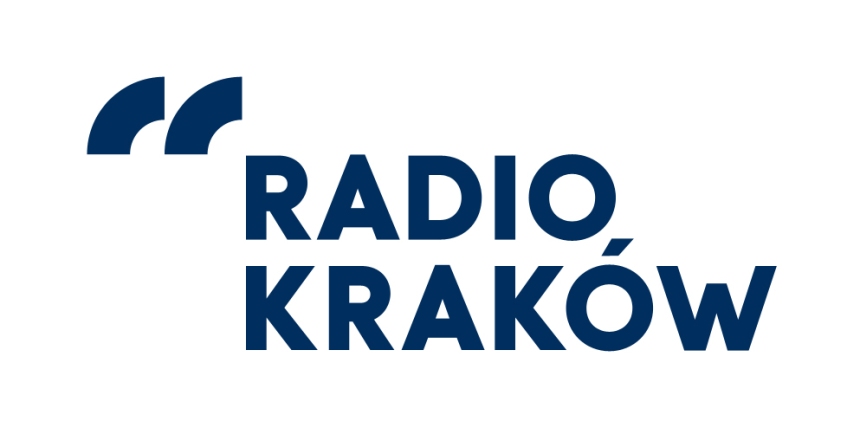We know the winners of the 2018 National Science Centre Award
Professor Bartosz Brożek, Professor Joanna Sułkowska and Professor Piotr Sankowski are the winners of the 2018 National Science Centre Award. Each will receive PLN 50,000 for outstanding academic achievements in the area of basic research. As usual, the ceremony was held at the Gallery of the 19th-Century Polish Art in the Sukiennice in Kraków.
Founded in 2013, the Award is bestowed upon researchers under the age of 40, with the objective of supporting the most outstanding individuals involved in basic research at the Polish research centres. The Award is presented in three research fields: Arts, Humanities and Social Sciences, Life Sciences and Physical Sciences and Engineering.
Professor Bartosz Brożek from the Department for the Philosophy of Law and Legal Ethics at the Faculty of Law and Administration of Jagiellonian University is this year's winner in the area of Arts, Humanities and Social Sciences. In his research, Professor Brożek also cooperates with the Copernicus Centre for Interdisciplinary Studies. The competition jury of the National Science Centre Award appreciated his innovative conception of normativity of law and other normative systems, based on philosophical argumentation and the findings of cognitive and evolutionary sciences. Professor Brożek's research interests also include theory and philosophy of law, as well as philosophy of science, language, and mind.
“My approach to research could be encapsulated in the following prescription: solve interesting and important problems with any tools you have at your disposal,” Professor Brożek explains. “I believe that no responsible reflection on law and philosophy is possible without achievements of contemporary cognitive science. In the past several dozen years, they have revolutionised our understanding of mind and the mechanisms of human behaviour.”
Professor Joanna Sułkowska from the Centre of New Technologies and the Faculty of Chemistry at the University of Warsaw carried off the prize in the field of Life Sciences. She was recognised for her work on “knotted” proteins. The abnormal activity of “knotted proteins” may lead to various lifestyle diseases, and deciphering their secrets may bring about a breakthrough in the treatment of Alzheimer's disease, Parkinson's disease and obesity. Professor Sułkowska specialises in molecular and theoretical biophysics. Her research is interdisciplinary and relies on physical, mathematical and biological methods.
“In my work, it’s vital to be able to look at the big picture, without getting too attached to a single discipline, to see the protein structure not only through the eyes of a physicist, but also those of a biologist and chemist. You have to be able to imagine things you cannot see with the naked eye, even though they actually exist,” Professor Sułkowska says.
The third winner, Professor Piotr Sankowski from the Faculty of Informatics at the University of Warsaw, received the Award for his fundamental results in the area of graph algorithms, especially finding associations in graphs. His research interests focus on combinatorial optimisation, with an emphasis on dynamic and stochastic calculations and algorithm engineering.
“Algorithms play an increasing role in our life. They select the information we see on websites, offer us customised ads and decide the prices in online stores and supermarkets,” Professor Sankowski explains. “The great challenge before us is to understand how to do it well and especially how to guarantee that the algorithms we use are fair.”
Candidates for the Award are nominated by scientists, e.g. former Board members of the National Science Centre, former heads of the Expert Teams at the National Science Centre, previous winners, as well as other eminent representatives of the world of science selected by the Board and the Director of the National Science Centre. In this edition, 497 people were eligible to nominate candidates. There were 69 nominations submitted; the shortlist included 6 finalists, two in each of the three disciplines. The final decision was taken by the competition jury of the National Science Centre Award, composed of the representatives of the National Science Centre and the donors of the Award.
The Award also builds bridges between the worlds of science and business. Every year, the National Science Centre invites the cooperation of enterprises involved in social and research activities, which play the role of benefactors and fund the prize of PLN 50,000 for each winner. This year, these have included the Adamed Group, Jastrzębska Spółka Węglowa, and Fundacja KGHM Polska Miedź.
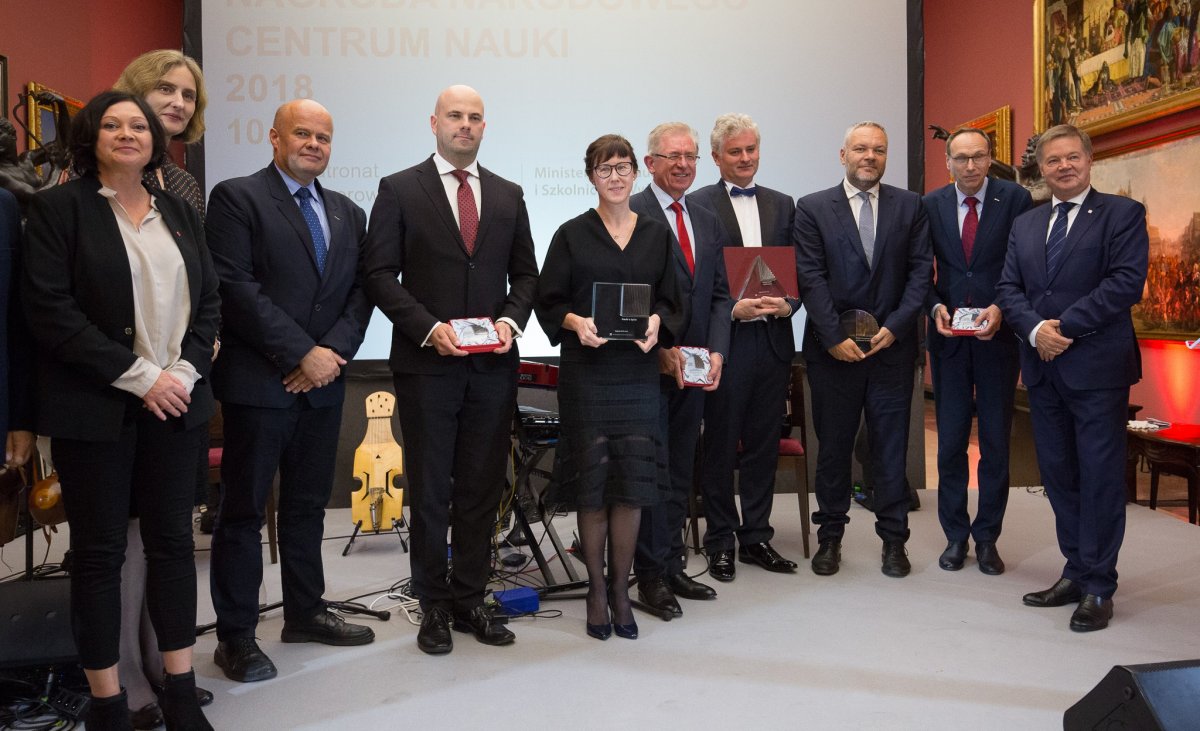
NCN 2018 Award winners, NCN representatives and NCN 2018 Award funders
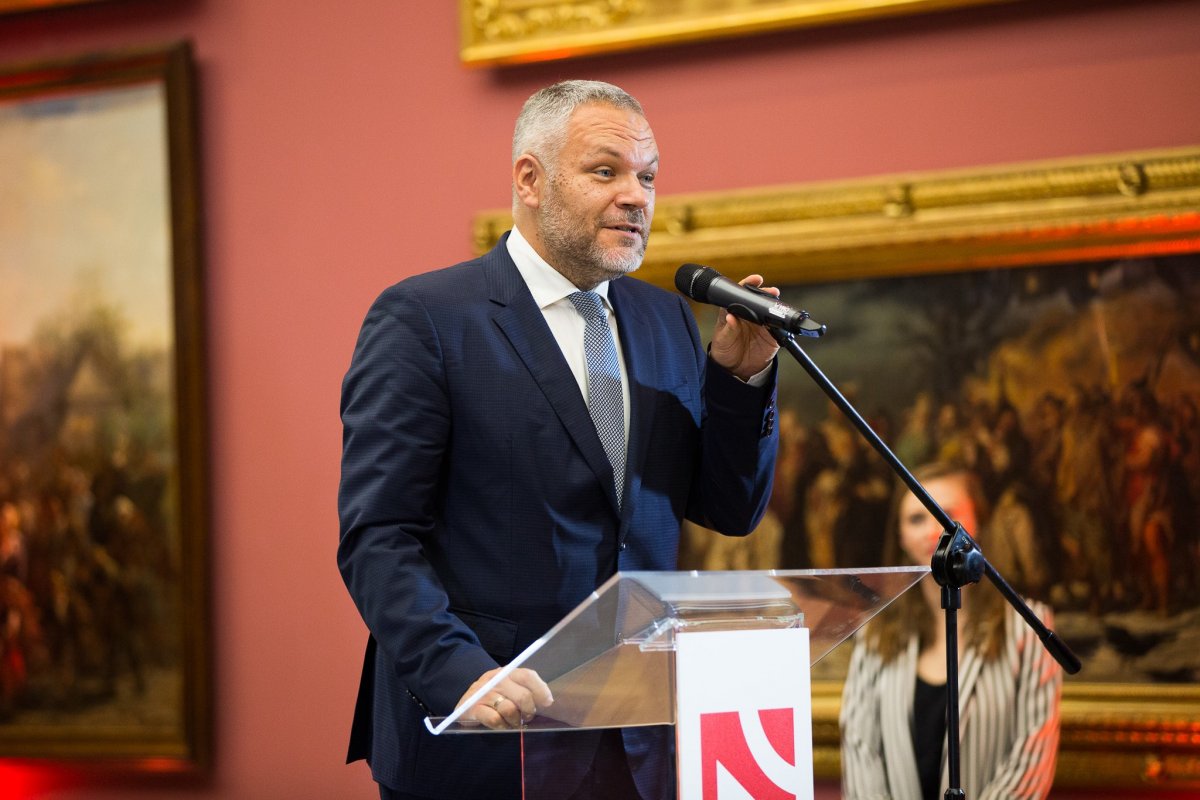
NCN 2018 Award winner in Arts, Humanities and Social Sciences – prof. Bartosz Brożek
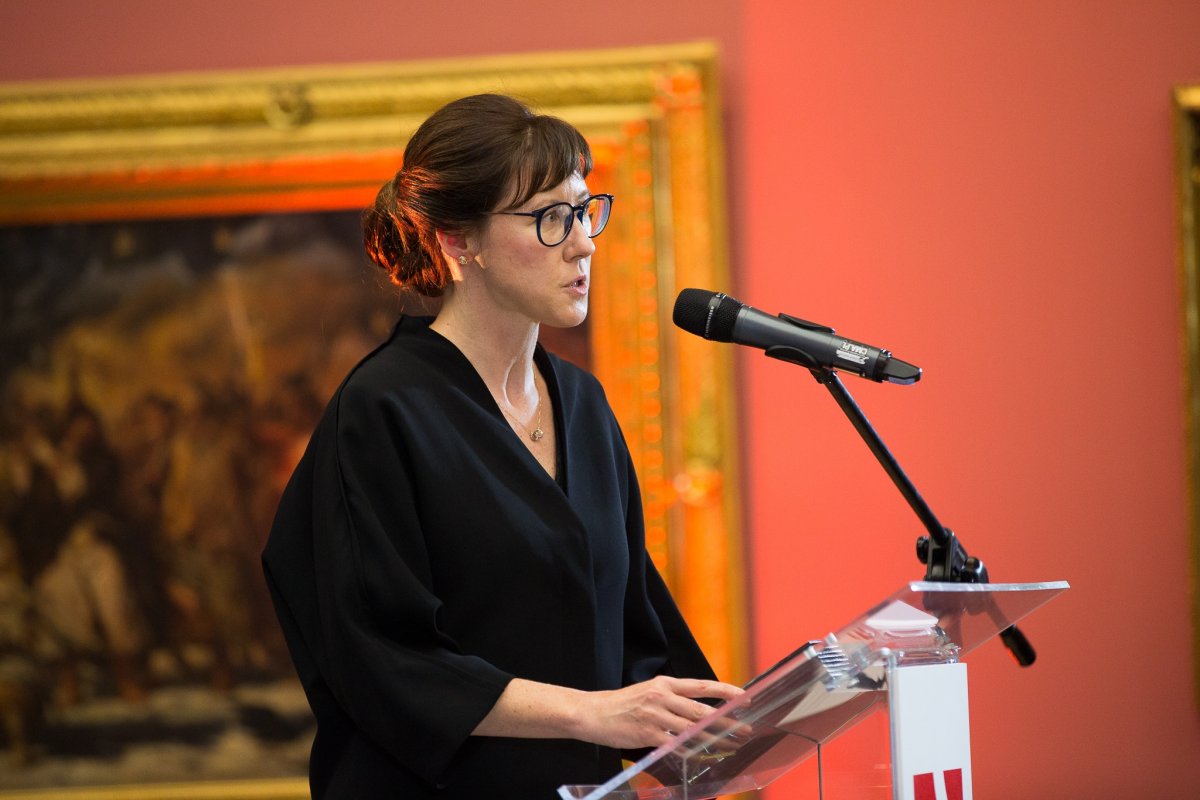
NCN 2018 Award winner in Life Sciences – dr hab. Joanna Sułkowska
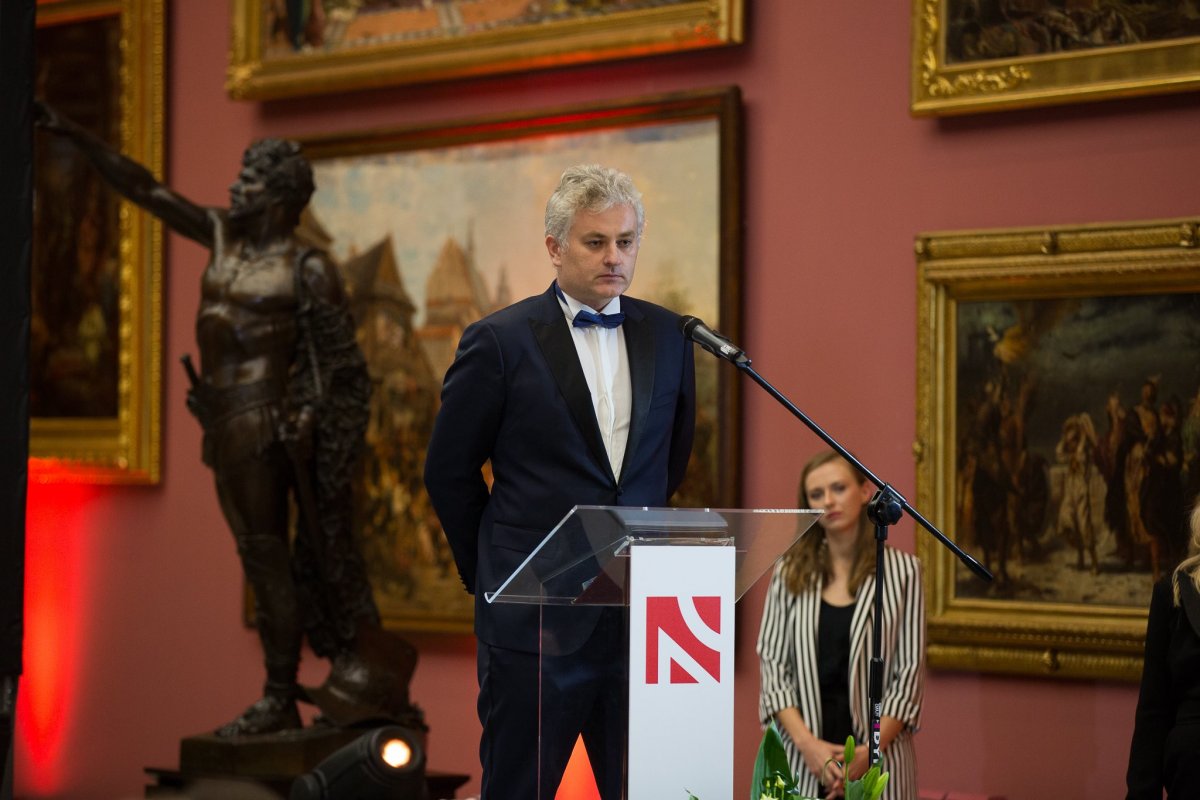
NCN 2018 Award winner in Physical Sciences and Engineering – dr hab. Piotr Sankowski
Photo credit: Michał Niewdana, NCN

